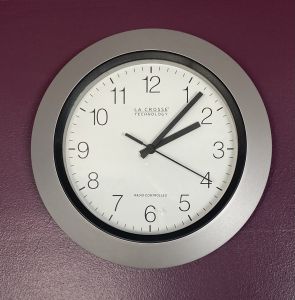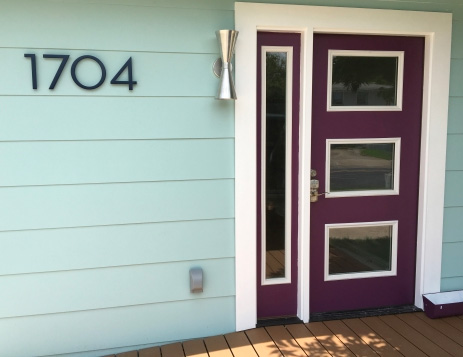 Time Blindness is a term coined by Russell Barkley (ADHD researcher and author.) It refers to the difficulty that people with ADHD have with keeping a sense of time in their mind. He also calls it ‘nearsighted for the future.’
Time Blindness is a term coined by Russell Barkley (ADHD researcher and author.) It refers to the difficulty that people with ADHD have with keeping a sense of time in their mind. He also calls it ‘nearsighted for the future.’
People with ADHD tend to live “in the now” and as such, the present moment hijacks their attention, their intentions, and their actions, despite what the clock says or what their previous plans may have been. Time Blindness is why your child promises–and genuinely means to–remember to do something, but almost immediately forgets. It’s why ADHD kids are so often late and unprepared. It’s why your teenager is outside, still tinkering with his car engine, when you told him that it was time to go 5 minutes ago. The present moment–whatever they are doing, thinking, inventing, or experiencing Right Now, is a more compelling force than the ideas they had in their head before. NOW is always much, much more present and visible to your ADHD kid than the past or the future can be.
Are their benefits to this? Of course–being in the present can be fun, creative, or inventive. But as parents who understand that much of the world revolves around deadlines, and who want to see our kids be successful in that world, we sometimes feel the pressure to make our ADHD kids learn how to manage time better.
A few tips to help someone with ADHD manage Time Blindness:
- Wear a watch (and generally a non-digital watch is better because it is a visual representation of the context of time. Now-future-past are all visible and represented on an analog clock.)
- Have an analog clock in the bathroom and bedroom. Mark a post-it note in sharpie with the time you need to leave to get to school/work/your appointment on time. Put the post-it next to your clock, or on your mirror. (Change the note periodically.)
- Break work into chunks. (this subdivides time)
- Set timers and use alarms (this is an external brain!)
- Schedule tasks–write them into your calendar directly with an assigned time. Make a habit of scheduling more time than you think you’ll need, and add in even more time for margins. (some say double the time estimate!)
You probably noticed that I wrote these tips for you. The trick with your ADHD kid is that they may not want to do the above items, and even worse–they may really really not want you to nag them about the items. So much of parenting, and especially parenting adolescents, is knowing what needs to be done and letting it go when your kid doesn’t do it. (and that’s hard!)
Perhaps consider adopting one or more of these tips for yourself, so that you can use role modeling as a way to influence your kid’s behavior. And then keep a few other ‘tricks’ up your sleeve, so that when the day comes that your child is complaining to you about some consequence they encountered as a result of their time blindness, you can casually offer that you ‘have an idea that might help if they want to hear it.’ Rinse and repeat 1,000 times and generally speaking, growth will follow. 😀








